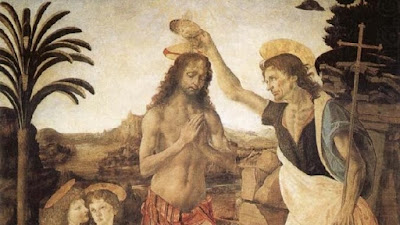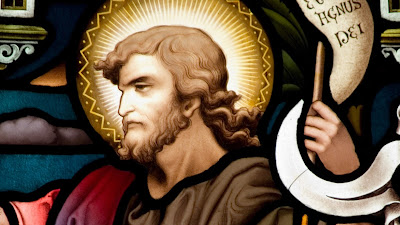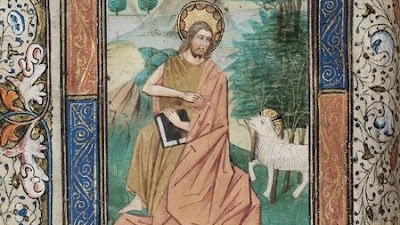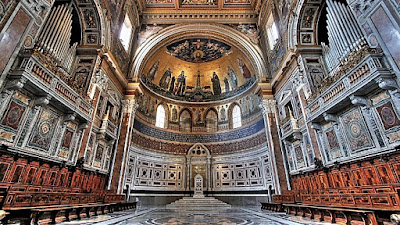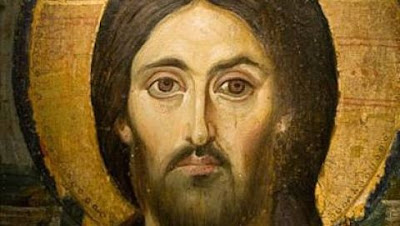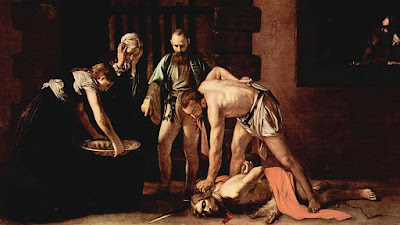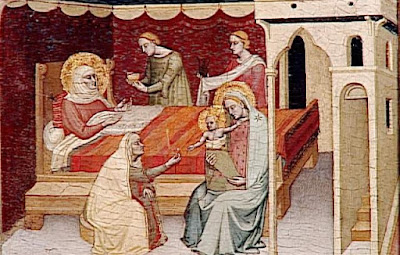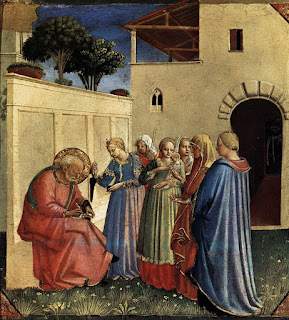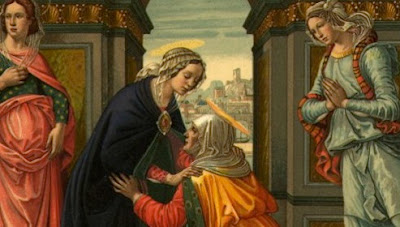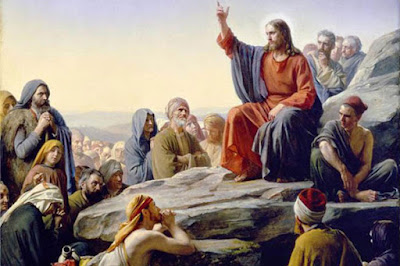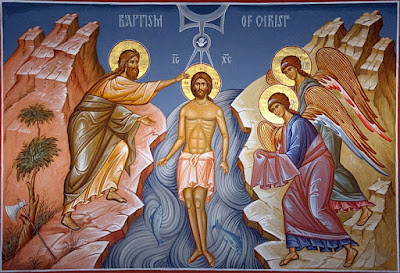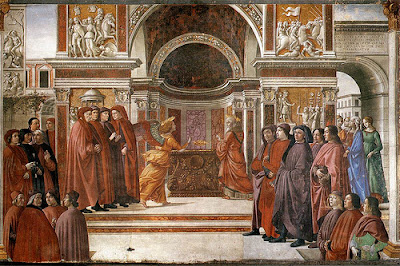Christmas Eve | 2017

O Come, O Come, Emmanuel The first chapter in the Gospel of John begins: "In the beginning was the Word, and the Word was with God, and the Word was God. He was in the beginning with God. All things came to be through him, and without him nothing came to be. What came to be through him was life, and this life was the light of the human race; the light shines in the darkness, and the darkness has not overcome it (Jn 1:1-5). And the Word became flesh and made his dwelling among us, and we saw his glory, the glory as of the Father’s only Son full of grace and truth" (Jn 1:14). Why did the Son of God come among us as a human being? Why was the "Word made flesh?" The Word became man to show the world God’s immense "grace and truth." The Word was God’s steadfast love in the person of Jesus. Christmas is more than just the birth of Our Savior. It is a celebration of God with us. It is the realization that God’s love and faithfulness dwells among us. It

